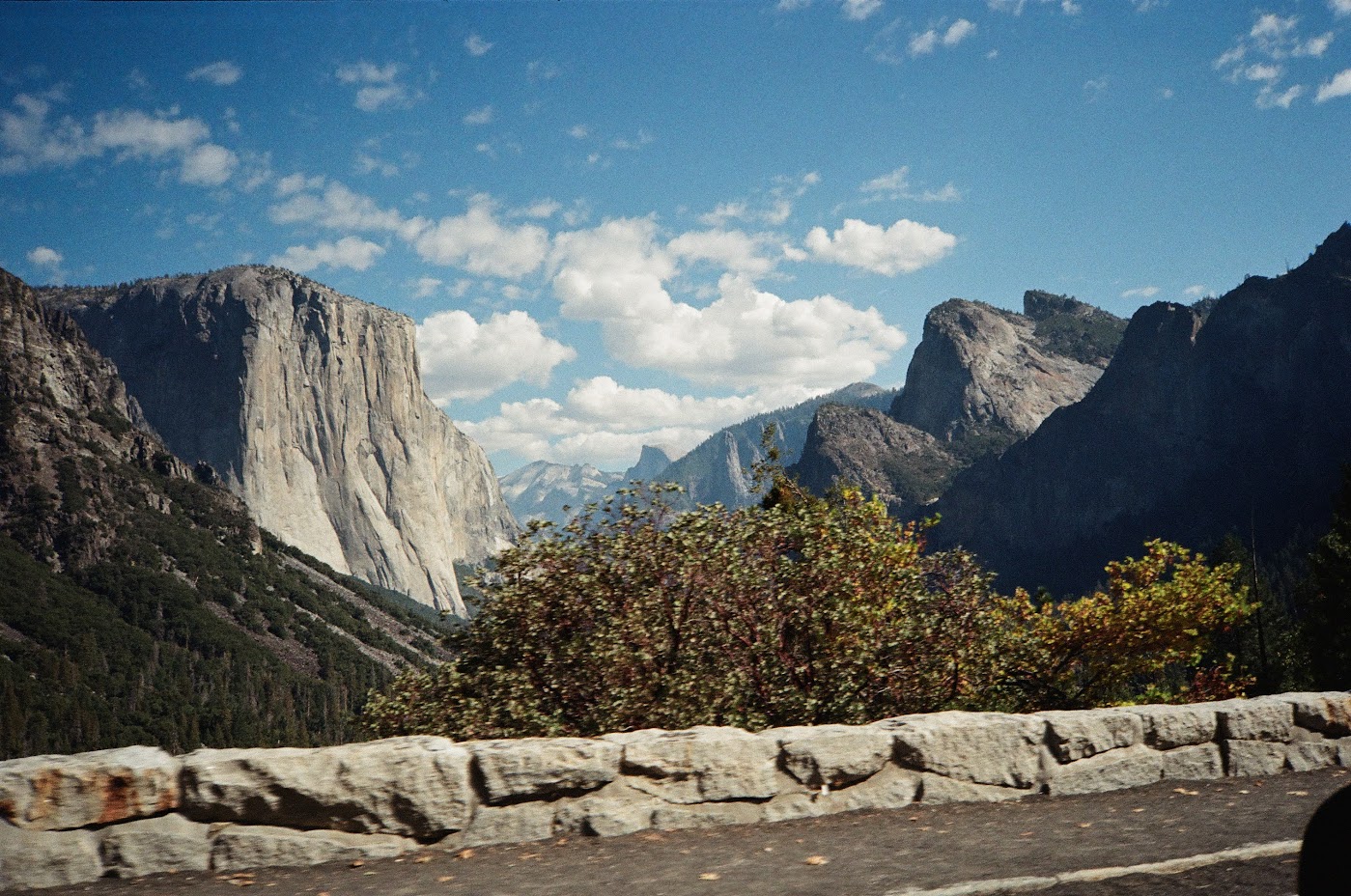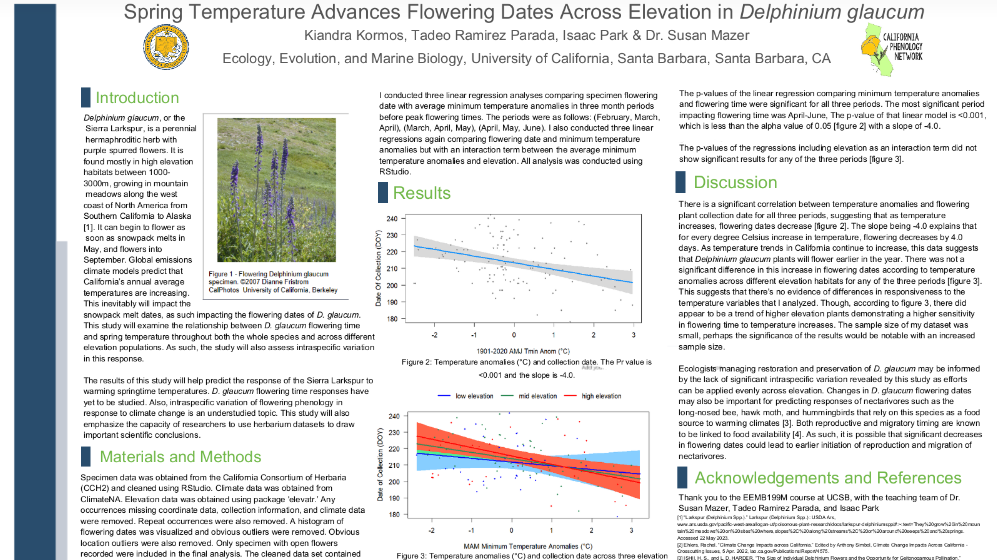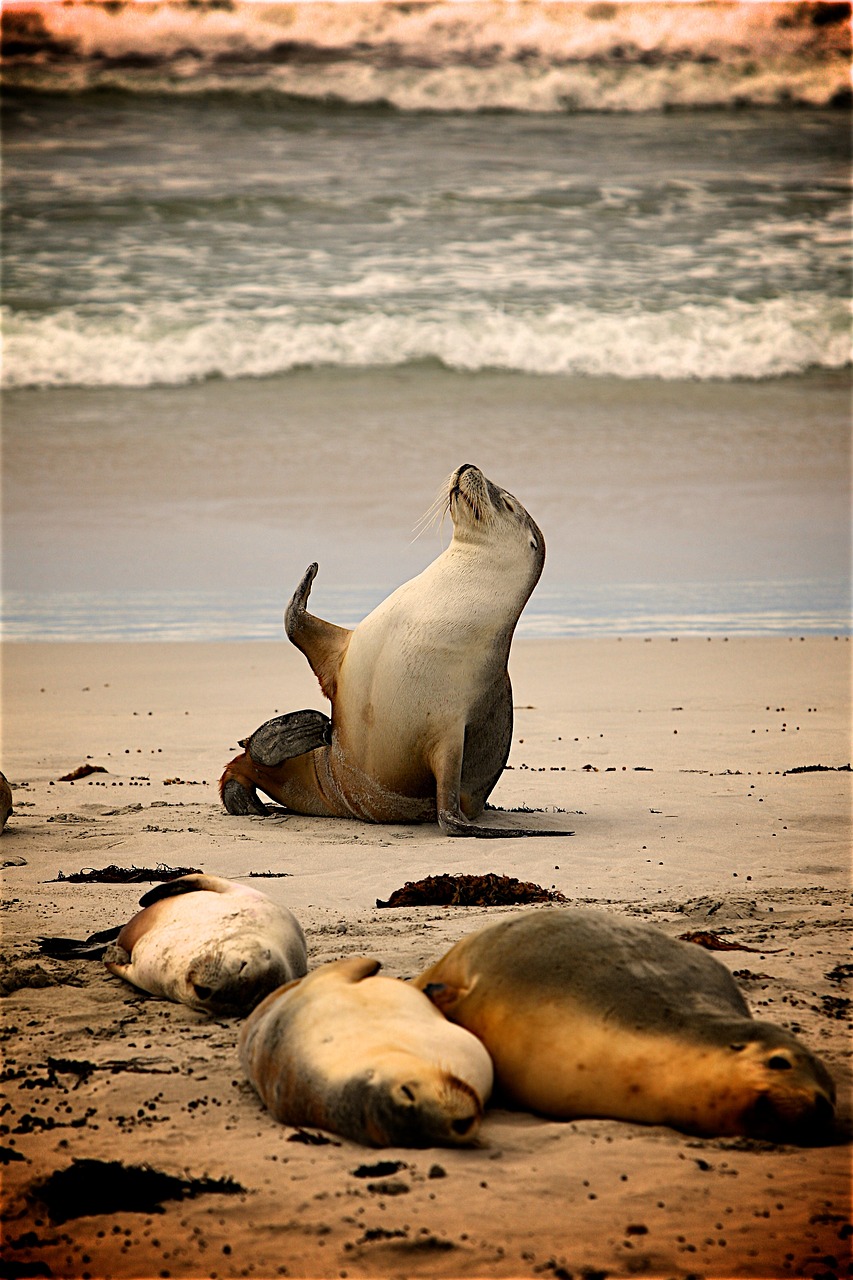
Education

Bachelors of Science in Zoology
Where I gained practical skills in field observations, laboratory techniques, scientific writing, and a nuanced appreciation for the diverse ecosystems of California.
University of California, Santa Barbara (UCSB)
My educational journey has not only granted me a comprehensive understanding of zoology and ecology but has also equipped me with practical skills in field observations, laboratory techniques, and a nuanced appreciation for the diverse ecosystems of California. I am eager to apply this knowledge and experience to contribute meaningfully to the field of zoology and make a positive impact on our understanding of the natural world.
The Zoology major at UCSB is structured to provide a comprehensive understanding of the biological sciences, emphasizing levels of biological organization, types of interactions, and classifications of animals. As outlined on the university’s website, the major encompasses preparatory coursework, including introductory biology with laboratory, general chemistry, mathematics, and physics, creating a strong foundation for further studies in the sciences. My upper division courses in Zoology had a practical focus on fieldwork and observation. I had the opportunity to engage in both laboratory and field courses, combining theoretical knowledge with practical, hands-on skills including plant and animal identification as well as animal behavior. The proximity of the Pacific Ocean and the wide variety of inland habitats allowed me to examine an enormous range of both aquatic and terrestrial animals first hand.
My studies at UCSB allowed me to develop a keen understanding of the entire research process, from formulating hypotheses to designing experiments and collecting data in both laboratory and field settings. I also delved into statistical analysis methodologies using R programming, gaining proficiency in this powerful tool for analyzing and interpreting complex datasets. Find the final poster for one of my independent research projects under the Mazer Lab below. Furthermore, the Zoology program at UCSB instilled in me the importance of effective communication in the scientific community. I was trained to articulate my findings and insights through written and oral communication.
My experiences at UCSB enriched my scientific knowledge base and equipped me with the practical skills required to contribute meaningfully to the field of conservation science.

Experiences

Ecology Work
Ecological and conservation based jobs and internships where I got to apply my passions to ongoing projects and gain valuable experience in the field.
Pinniped Rehabilitation
I had the pleasure of contributing to the impactful conservation work ongoing at the Channel Islands Marine and Wildlife Institute through seal and sea lion rescue and rehabilitation. Here I assisted with emergency rescues, animal husbandry tasks including administering treatments, and public outreach events.
Field Technician
Serving as a field technician through UCSB donned me an expertise in scientific field sampling techniques including landscape analysis, plant identification, and animal behavior as well as gaining a comfortability with handheld GPS units.
Aquatic Microscopy
Also at UCSB, I served as a microscopy intern where I identified and sorted aquatic larval specimen contributing to an ongoing effort to monitor potential changes in larval production in the face of climate change.
Aspirations

Aspiring Childrens Book Author
While my educational background lies in wildlife biology, literature has always been an inseparable part of my life. I aspire to guide the young people of the world to fall in love with nature and to discover the boundless opportunities for play and inspiration in the outdoors through literature. In addition to nature themes, I aim to reflect the power of friendships and kindness in my stories. While my own work is on its way, here are some fun ideas to get your little ones outside and exploring:
Learn how to identify common animal tracks that you might find in your backyard! Identify Animal Tracks In Your Backyard & Beyond… – Childhood By Nature.
There are so many benefits to sensory play outside. Consider taking your kids for a color walk in nature among many other fun outdoor sensory activities.
Go for a bug hunt! Head out to a green space near you and look closely under leaves, rocks, and logs to see what exciting creatures you might find! Here’s common ones you can help them identify along with some fun facts: earthworms, “rolly pollies”, ants, beetles or even consider buying a kids backyard field guide